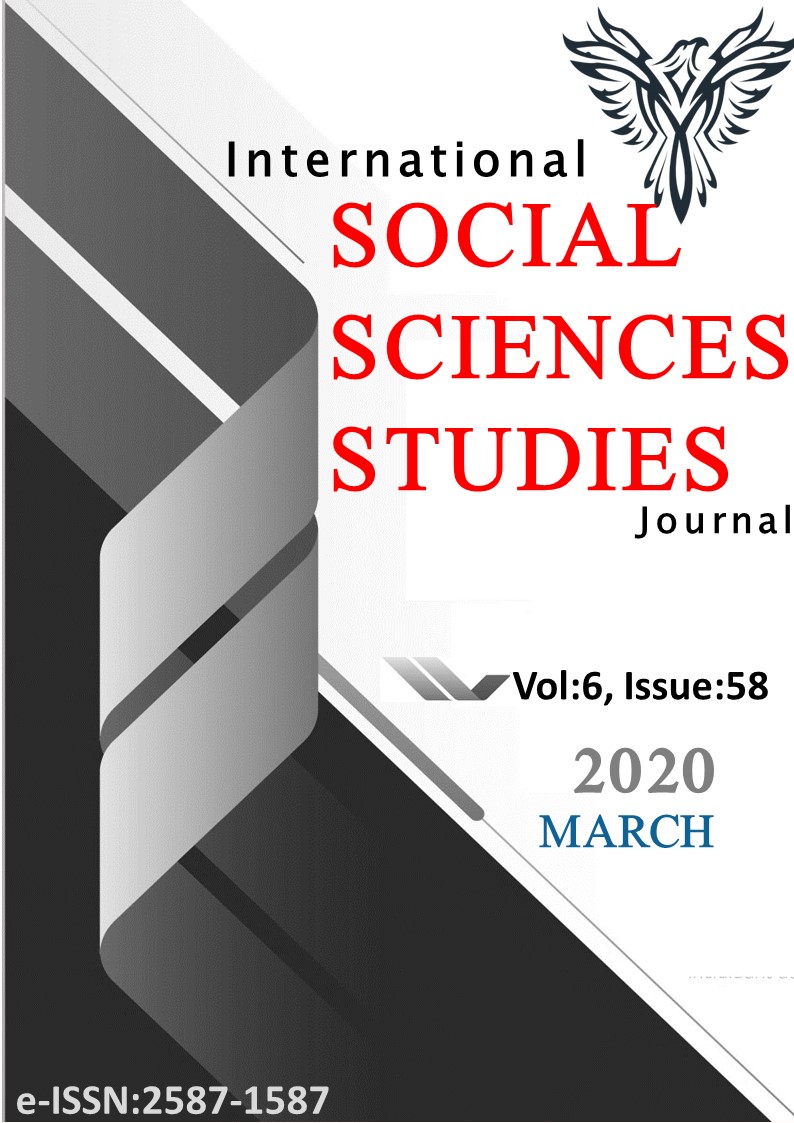Author :
Abstract
Oxford Dictionaries ‘hakikat-sonrası’ terimini nesnel gerçeklerin bugün kamu veya kitle görüşlerini oluşturmada kişisel duygulara ve inançlara nazaran daha az güçlü ve etkili olması olarak tanımlar. Önek post- ‘sonra’ anlamından ziyade ‘son’ veya ‘ölüm’ anlamına gelir. Başka bir deyişle, ‘hakikat-sonrası’ terimi ‘gerçeğin sonu ya da ölümü’ anlamına gelir; duygular ve duygular ‘gerçeklerden daha önemlidir’. Kitle iletişim araçları ve sosyal medya, hakikat-sonrası veya hakikatin ölümümün ana destekçileridir. Bu çalışma, halkın bu destekleyiciler aracılığıyla yayılan sahte haberlere ne kadar maruz kaldığını ve manipüle edildiğini araştırmaktadır. Çalışma, ayrıca, halkın hakikat-sonrası çağda sahte haberleri okuma konusunda ne kadar bilgili olduğunu bulmayı amaçlamaktadır. Bu küçük ölçekli çalışma için hem Türkçe hem de İngilizce anketlerden veriler toplanmıştır. Veri analizi ve değerlendirme, ileri tetkik için küçük ölçekli bir sonuç sağlamıştır.
Keywords
Abstract
The definition of ‘post-truth’, according to Oxford Dictionaries, is those objective facts are today less effective and powerful in structuring public or masses' opinions than personal emotions and beliefs. The prefix post- does not come to mean ‘after’ but ‘the end’ or ‘the death.’ In other words, the word ‘post-truth’ comes to indicate ‘the end, or the death of truth.’ To put it differently, feelings and emotions matter more than facts.’ Mass media and social media are the main promoters of post-truth or of the death of truth. This study investigates how much the public is exposed to and manipulated by these promoters and by fake news that comes out of these promoters. The study also aims to figure out how much literate the public is on reading fake news in the age of ‘post-truth.’ For this small-scale study, data was gathered from surveys both in Turkish and English. Data analysis and evaluation provided a small-scaled outcome to suggest further study.





